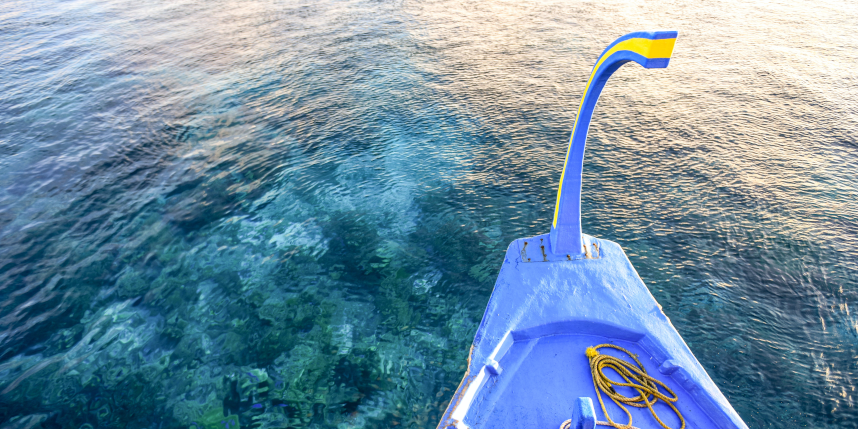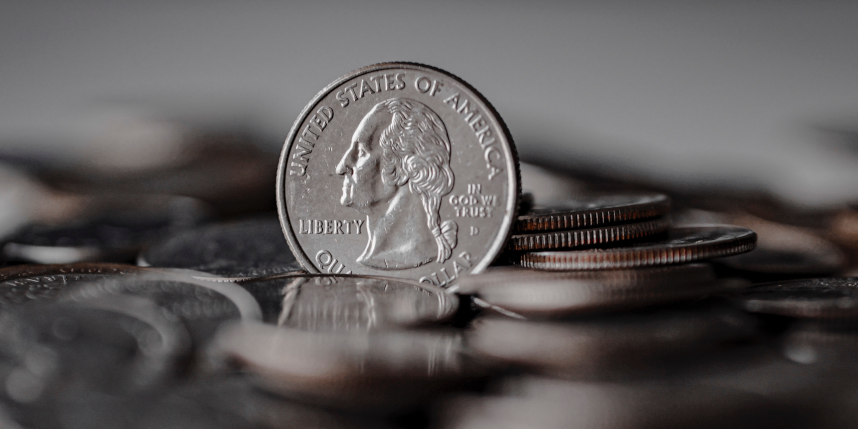A Remedy Against De-risking of Banks
International banks are de-risking their business and Caribbean businesses pay a steep price for this. As an example, remember what was happening in Belize in 2016. At this time the majority of Belize’s banks were de-risked. There was no easy way to transfer money in or out of Belize using the banking system, which wreaked havoc on Belizean trade and tourism. Businesses in Belize were forced to rely on costly services like Western Union in order to receive foreign currency or even use financial operators in Mexico and Guatemala.
Why is this? And what could a remedy against de-risking look like?
The Caribbean is perceived by many foreign banks as being high-risk for money laundering. Because of this, correspondent banks, typically located in the United States or United Kingdom, decide to sever relationships with banks in our region. In doing so, a lifeline for the Caribbean economy is cut off, when these banks stop facilitating US Dollar transfers across the Caribbean and the rest of the world. The results are the well-known US Dollar liquidity drenches in our region. De-risking leads to slower, more expensive, and more inaccessible cross-border payments and harms inter-regional trade.
How can the Caribbean tackle the de-risking problem?
Why not introduce home-grown liquidity? With zero reliance on the correspondent banking system? This sounds like a dream? No, it isn’t. State-of-the-art technology combined with expertise on Economic Union’s Complementary Currencies makes such a solution viable: Carib$
Businesses may use Carib$ to transact directly with each other from anywhere in the Caribbean, instantly. There is zero reliance on the correspondent banking system. Thus, access to payments is guaranteed. And there are no liquidity drenches, since at any time you may exchange your local Caribbean currency against Carib$ – and vice versa. How this works? Please check our website.



